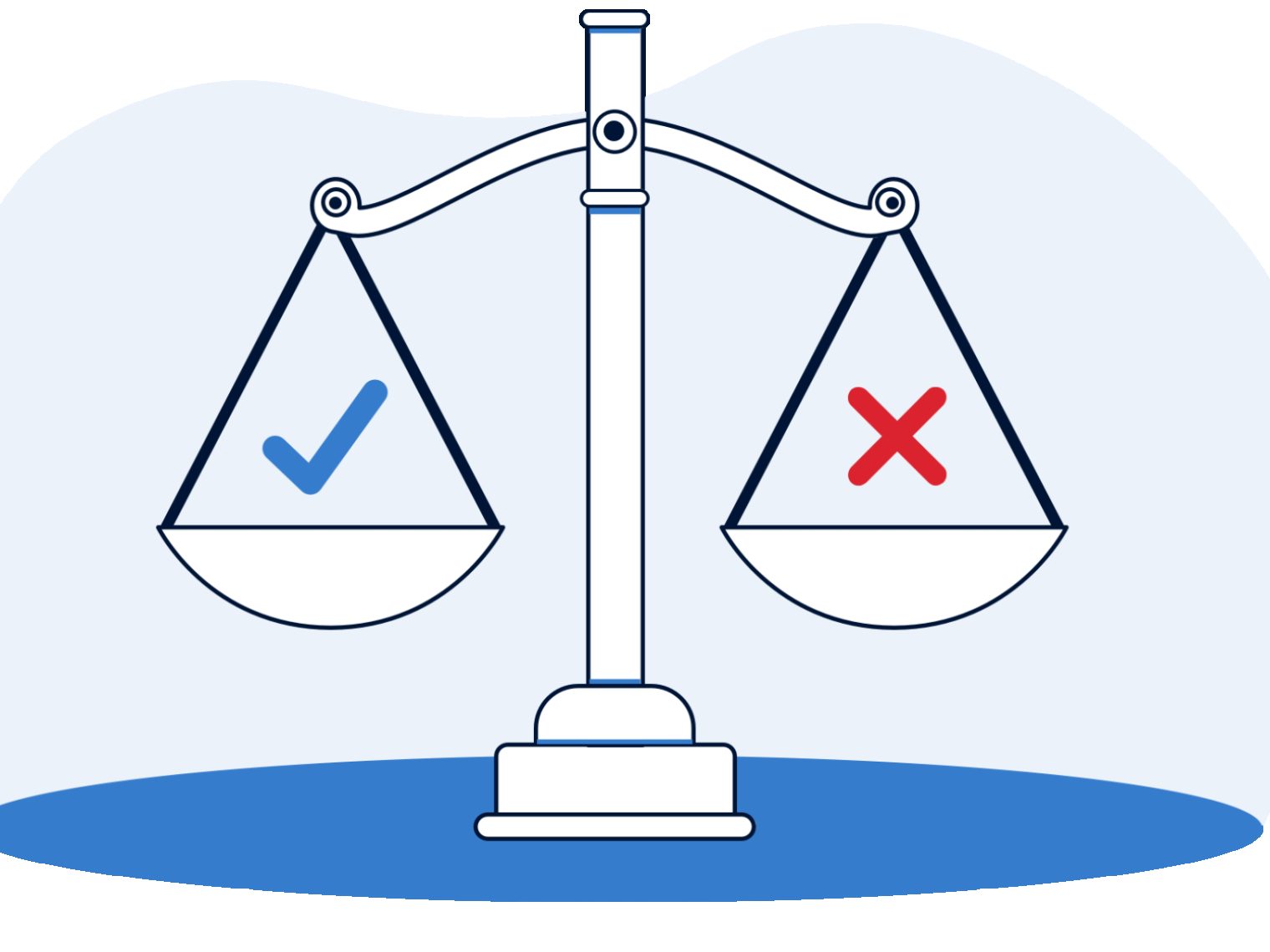UPDATE:
The VA Loan Guaranty Program issued new guidance on same-sex marriage in May 2015.
The U.S. Supreme Court's recent ruling striking down a key part of the Defense of Marriage Act (DOMA) provides married same-sex military couples with an array of new benefits. That's almost certainly going to include the VA Loan Guaranty program, which has helped more than 20 million service members secure home financing since 1944.
In the wake of the high court's ruling, the federal government will begin recognizing same-sex marriages in states that have legalized those unions. That extends a host of protections and benefits to same-sex couples from all parts of government, from the Social Security Administration and the IRS to the Department of Veterans Affairs.
The VA has yet to release a statement or specific guidance to lenders regarding home loan benefits for military members. There are also significant, as-yet-unanswered questions about how this new federal recognition will play out on the ground, particularly in situations where veterans later move to states that haven't legalized same-sex marriage.
But it seems likely that the VA home financing landscape for thousands of veterans and active service members is about to change considerably.
DOMA and VA Loans
About 13 percent of the nation's 650,000 same-sex couples include a veteran, according to a UCLA think tank. There's no clear estimate for the number of marriages.
For same-sex military couples, there have been several road blocks and frustrations regarding the VA loan program. One of the biggest is that VA lenders are almost always going to limit the acceptable co-borrowers on a loan to either the veteran's spouse or another veteran who will live in the home as a primary residence. The reason relates to the nature of the VA guaranty.
Because up until this ruling the federal government didn't recognize same-sex marriage, a gay active military member or veteran couldn't have their spouse on the mortgage unless he or she was a veteran with VA loan entitlement. Those service members would have to qualify for a VA mortgage based solely on their own income.
Occupancy is another critical issue. These loans are for primary residences, and the VA generally wants you living in the property within 60 days. That's not always possible for deployed service members and others, so the VA allows spouses to fulfill the occupancy requirement. For example, a soldier deployed to Afghanistan could purchase a home with his spouse (likely using Power of Attorney) and not live there until he returns without worrying about that two-month window.
That wasn't an option for gay couples.
There's a host of other potential issues the VA and others will need to sort through in the coming weeks and months. The obstacles that can arise from purchasing in a community property state may soon be something that gay military members in California and Washington state begin to grapple with.
Awaiting Guidelines
Veterans and active military looking for guidance on this issue aren't alone. Lenders and others in the mortgage industry are waiting for guidelines and directives to come down from the VA. State laws and regulations covering real estate, title and other issues are in this mix of uncertainty, too.
While DOMA may no longer be a factor, there's still the question of Title 38, the federal law governing veterans' benefits. The law currently defines a spouse as someone of the opposite sex. But that definition would seem likely to change based on statements Defense Secretary Chuck Hagel made after the Supreme Court's ruling came down.
"The Department of Defense intends to make the same benefits available to all military spouses — regardless of sexual orientation — as soon as possible," Hagel said. "Every person who serves our nation in uniform stepped forward with courage and commitment. All that matters is their patriotism, their willingness to serve their country and their qualifications to do so. Today’s ruling helps ensure that all men and women who serve this country can be treated fairly and equally, with the full dignity and respect they so richly deserve."
Related Posts
-
 VA Renovation Loans for Home ImprovementVA rehab and renovation loans are the VA's answer to an aging housing market in the United States. Here we dive into this unique loan type and the potential downsides accompanying them.
VA Renovation Loans for Home ImprovementVA rehab and renovation loans are the VA's answer to an aging housing market in the United States. Here we dive into this unique loan type and the potential downsides accompanying them. -
 Pros and Cons of VA LoansAs with any mortgage option, VA loans have pros and cons that you should be aware of before making a final decision. So let's take a closer look.
Pros and Cons of VA LoansAs with any mortgage option, VA loans have pros and cons that you should be aware of before making a final decision. So let's take a closer look.


